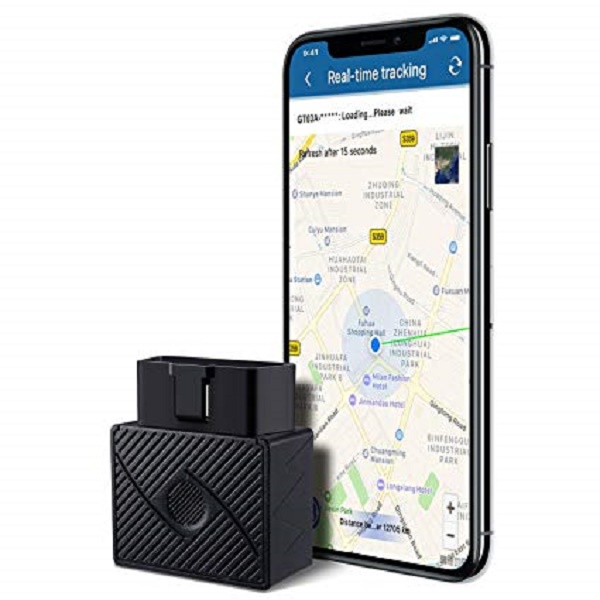The boat and RV storage business is very different from traditional self-storage. Customers and expectations are other, and this must be taken into account.
Many homeowners association rules forbid keeping boats and RVs on their properties, leaving them no choice but to find a storage facility. Choosing the right one is essential.
Location
Many people who own boats and RVs need more space in their garage or driveway to store these vehicles. Homeowners’ associations may also prohibit them from parking them on their property. Fortunately, several options exist for storing your boat or RV in the off-season.
These facilities can provide secure, climate-controlled spaces to protect your vehicle from theft, weather, and other elements. Many of these facilities are conveniently located and offer month-to-month contracts to keep your car close to home or your favorite boating destination.
Owning a boat and rv storage Middleburg FL, facility is unique because it is a profitable investment opportunity. After all, there is high demand for the space and little competition. Investors can look to acquire or restructure mom-and-pop-owned properties and build new facilities in areas of high demand. However, the right location is essential in this market and should be considered during the feasibility and site-planning stages.
Security
Today’s boat and RV owners have a variety of options when it comes to storage. Some opt for open outdoor storage, which offers parking spaces in a secure lot, while others prefer covered or canopy storage to protect their prized possession from sun and rain. Indoor or enclosed storage is also available and provides added protection at a premium cost.
Since boats and RVs are expensive and highly valued possessions, they must be stored securely to protect them from theft and damage. Specialty self-storage operators are increasingly focusing on security upgrades to meet the high expectations of their premium tenants and improve the customer experience. The right combination of layered, excellent security can prevent crime before it happens and improve tenant trust and loyalty. By strategically deploying security cameras and related video surveillance elements throughout their facilities, specialty storage operations can reduce the risk of costly property loss while reminding tenants that their operation takes their safety seriously.
Amenities
A boat and RV storage facility’s amenities and services can make or break its success. Because customers in this market are typically much more affluent, they’re willing to pay extra for amenities like electricity and heated spaces.
These facilities can also benefit from revenue-generating amenities such as dump stations and wash bays. Some operators even offer services such as boat detailing and firewood sales to distinguish their facilities from the competition further.
Because customers seek boat and RV storage mainly due to significant life events, customer service is more important than it is for traditional self-storage. Whether they need help winterizing their RV or have questions about where to store their trailer, you must treat your boat and RV storage customers with the highest care. Happy customers will return to your facility year after year and refer their friends. This will keep your occupancy rate high and profits strong. Hiring experienced and dedicated staff to handle these unique requirements is best for these reasons.
Pricing
With the economy recovering, more Americans have disposable income to spend on recreational vehicles and boats. Many of these are too large to fit in a driveway or garage, which creates an opportunity for self-storage operators.
During a members-only virtual call, storelocal hosted RV and boat storage expert of RV Storage Depot to discuss the ins and outs of building a successful storage facility for this niche. We recapped some of the key points from his discussion below.
The most critical phase of constructing a boat/RV storage project is determining if there is enough demand in your market to make the construction costs pay off. Also, identifying the right mix of amenities and rent structures to meet the demands of your market is essential. Storage operators should consider offering value-added services like on-site maintenance and cleaning to justify premium pricing and set their facilities apart from competitors. Tenants want easy access to their units, so site design is critical to boat/RV storage construction. Drive aisles should be 50 to 60 feet wide for perpendicular spaces and at least 35 feet wide for spaces constructed at an angle.




